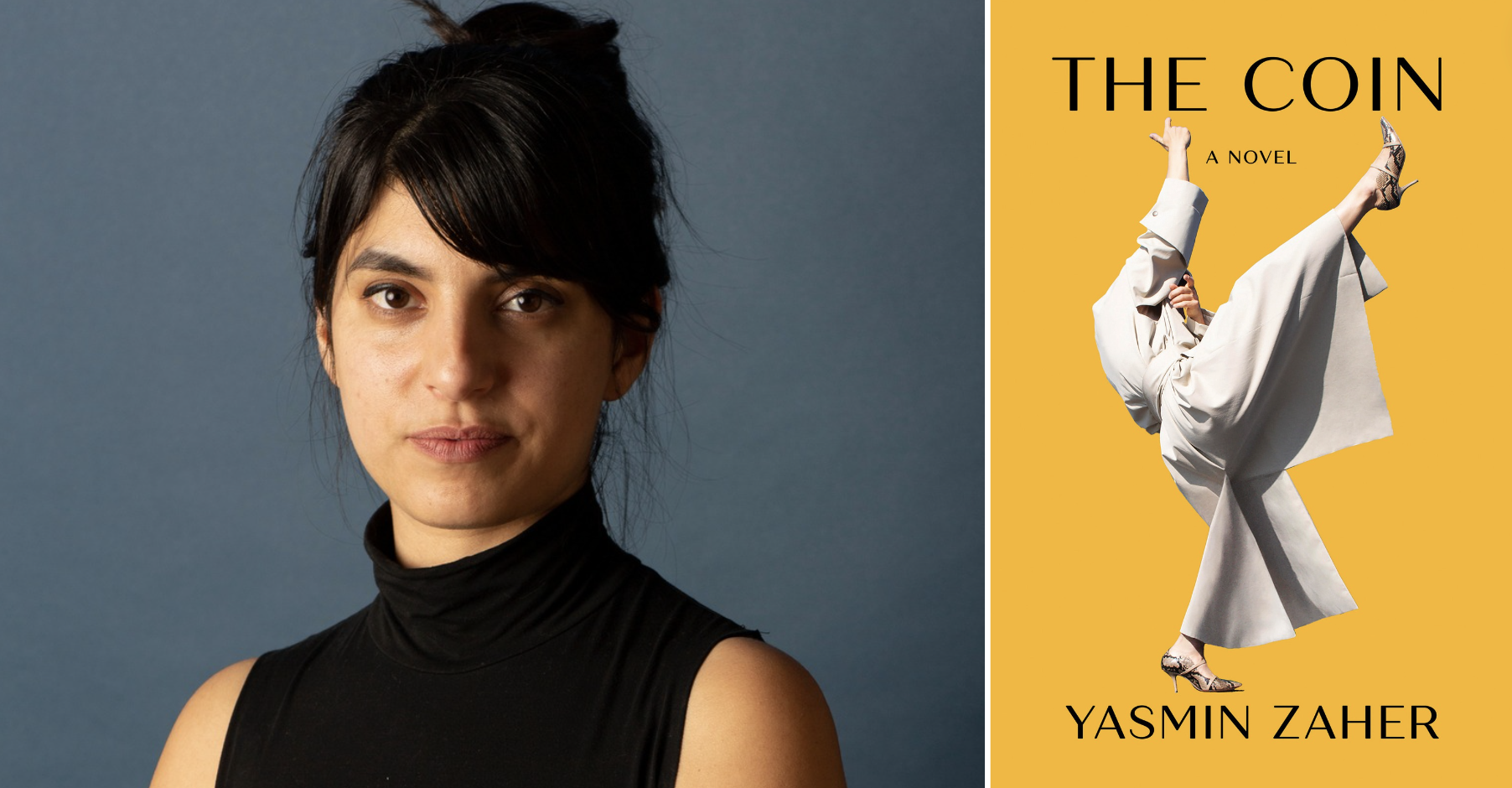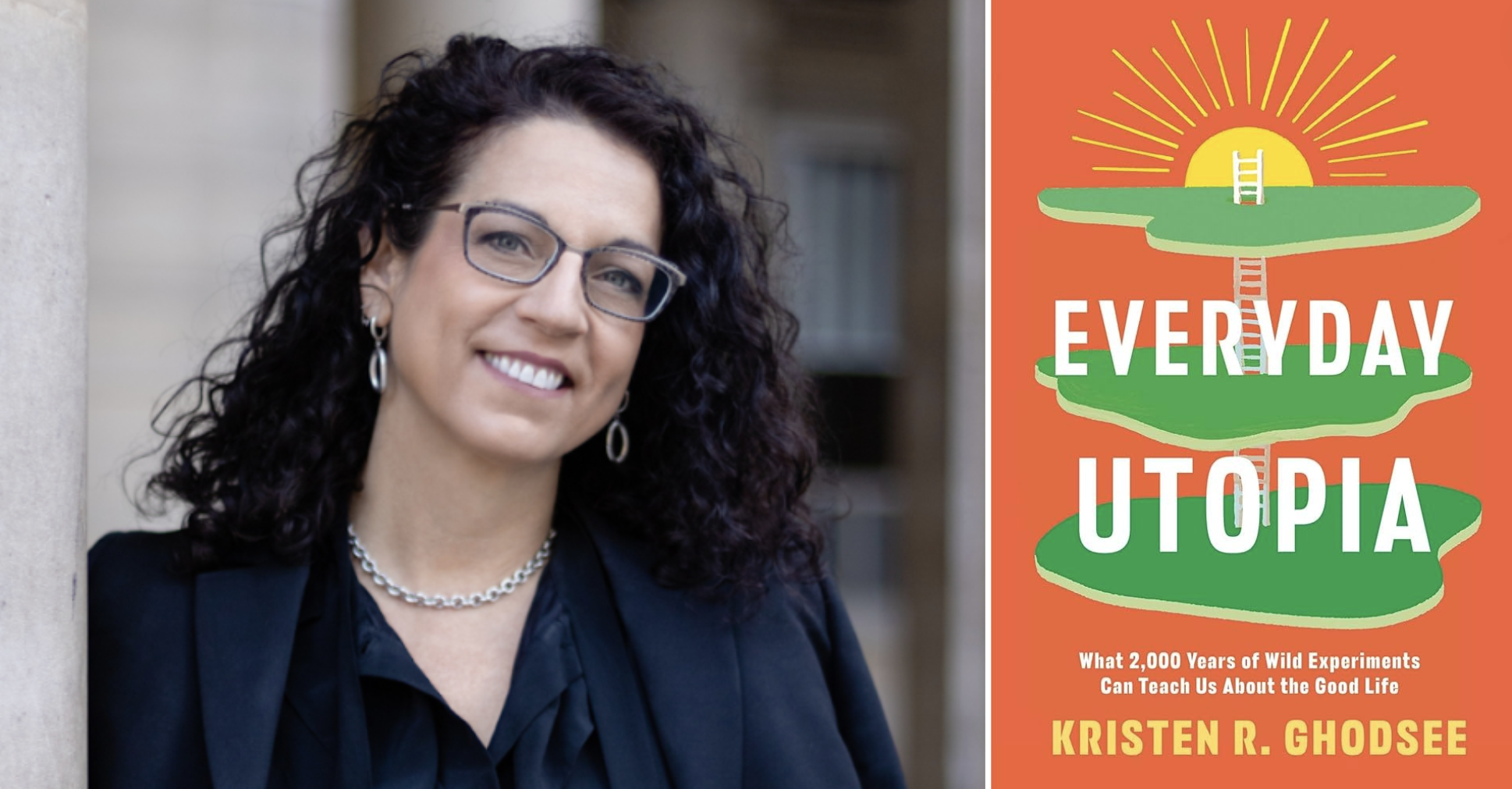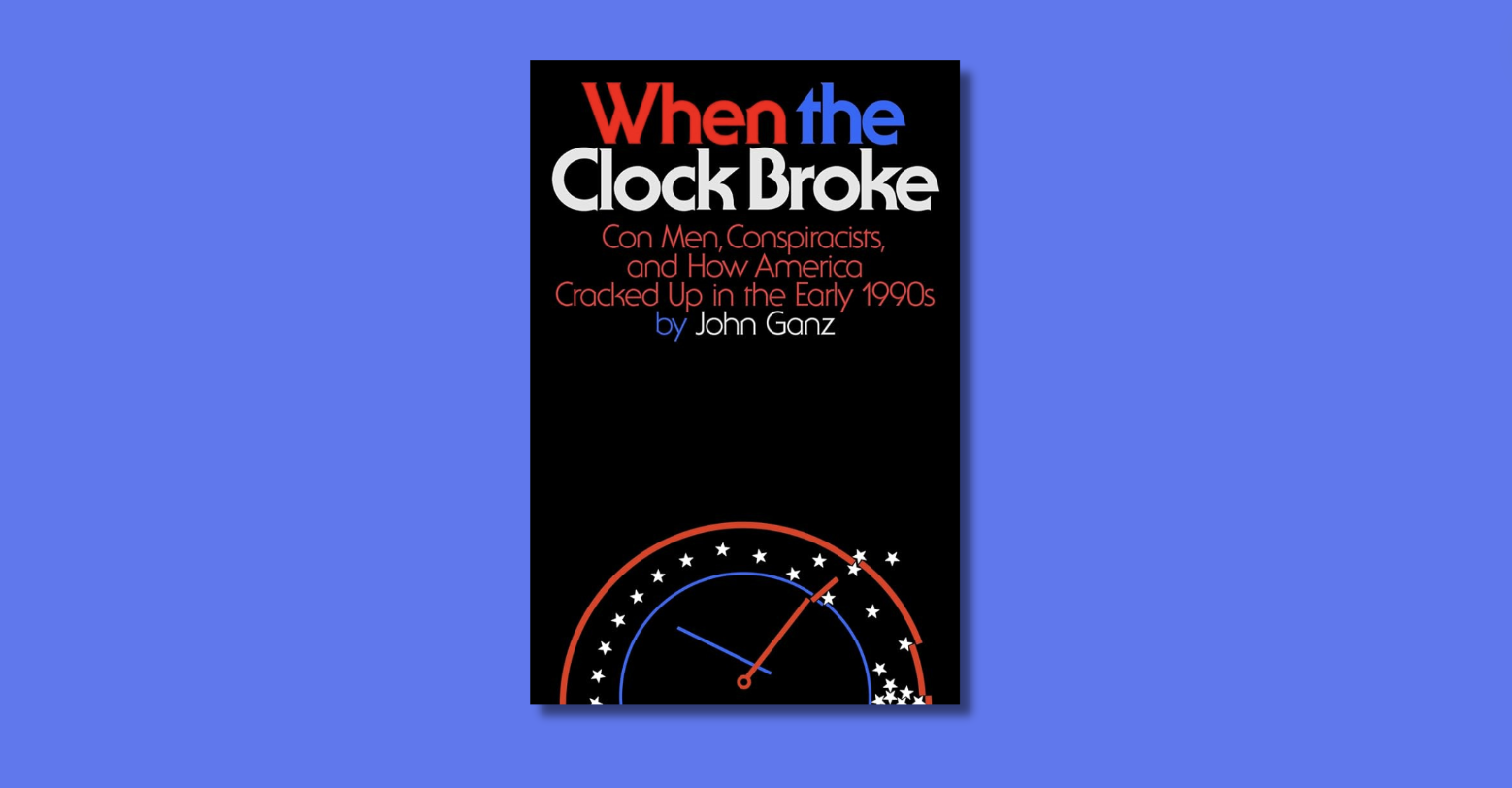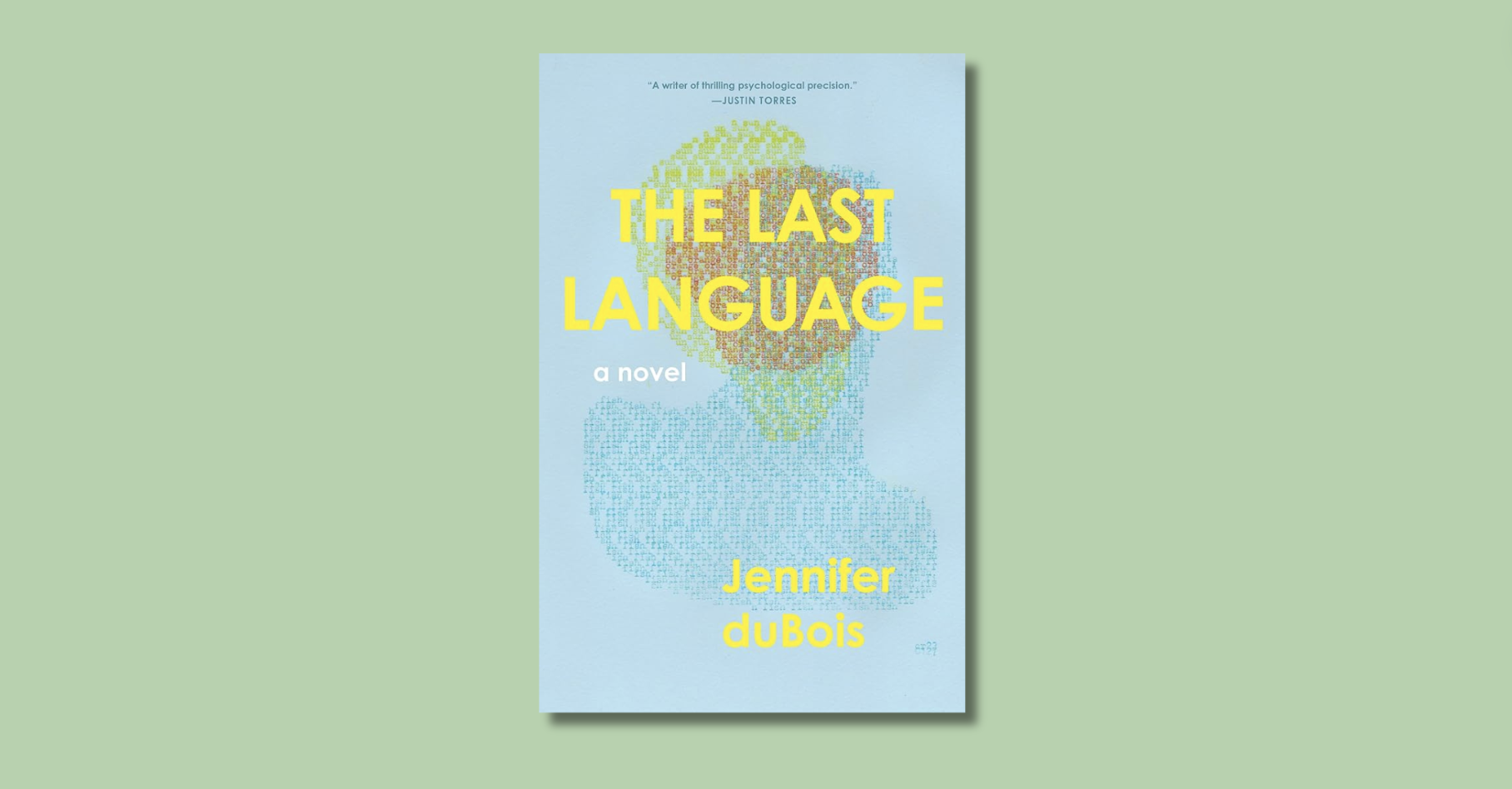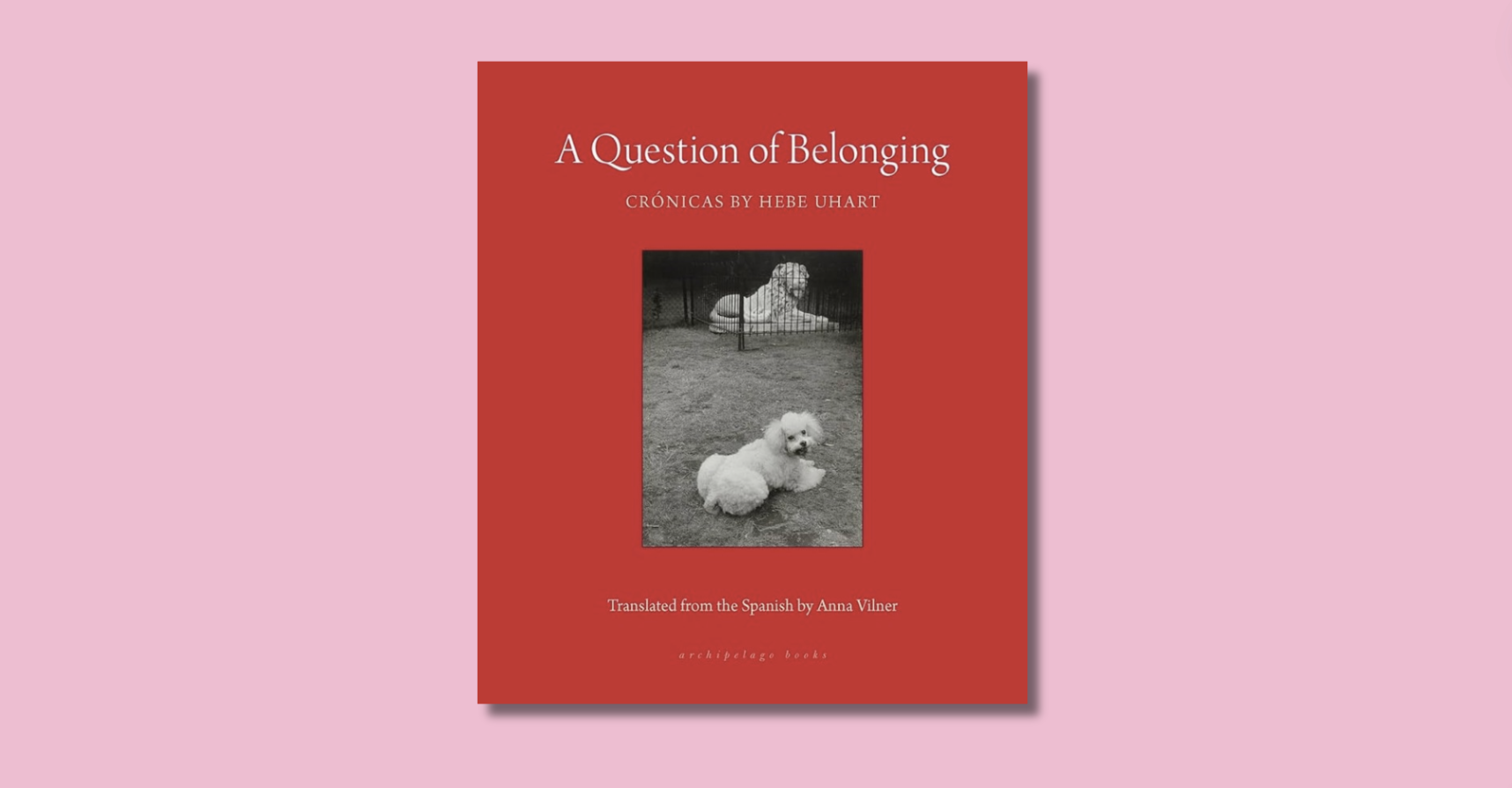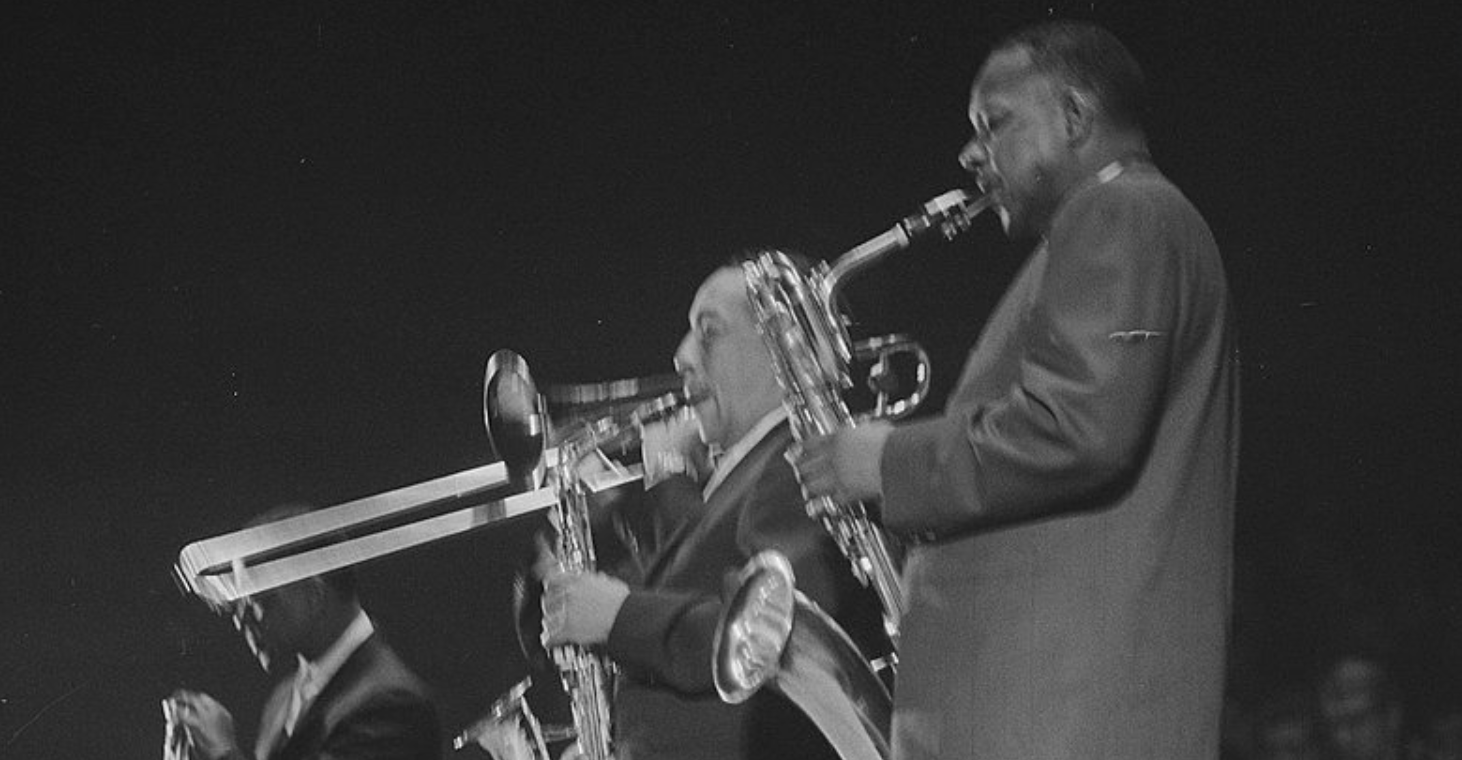Born in New York City in 1862, 150 years ago, Edith Jones was part of a small, wealthy, patrician community. She was well-born, but she was not born rich. Socially, her family dwelt in the innermost circles, but financially they were somewhere closer to the outer rim. During the post-Civil War recession, more than once the Joneses had to rent out their property in America and move to the Continent. There they lived cheaply while they waited for their finances to recover.
Edith married within her circle and led an affluent life, which was latterly true because of her writing: she made more money from royalties than she ever inherited. But she never forgot the threat of being poor, and the risk of expulsion it carried, from the only world she knew. Her work echoes with the subversive powers of wealth, and of the chilling presence of its counterpart, poverty.
Much of Wharton’s work is set among the crystal chandeliers and gold plate of the very rich. Because she knew that community so well, and because she wrote so tellingly of its mandarin complexities, Wharton has been called a novelist of manners. But manners — and money — were never the point.
Wharton’s deepest concern was morality. She wrote about the struggle between the body and the mind, that battlefield from which morality emerges. Central to her work are stifled and illicit passions, manifested in divorce, adultery, incest, and illegitimacy. She wrote about the struggle to integrate the life of the emotions within the life of the world. Her writing was stylistically decorous but socially transgressive: her prose is so elegant that her message comes as a shock, like a sword wrapped in satin.
All of Wharton’s most important novels — The House of Mirth, Custom of the Country, and The Age of Innocence — take place, partly or entirely, in New York. This city was central to Wharton’s understanding of the world.
 Lily Bart, brave and vital, is at the heart of Wharton’s greatest tragedy and arguably her greatest book, The House of Mirth. Lily is beautiful and well-born, but she is orphaned and impecunious. At 29, time is running out, and she knows she must marry. The New York world in which she lives is shrill and materialistic, but Lily is a woman of principle, which makes for a dilemma. How should she choose her future? Should she marry for love or for money? Tempted by luxury and practicality, Lily plans to marry Percy Gryce, who is unthinkably rich and unspeakably dull. But her principles interfere, and so begins her downfall. Wharton asks what all great writers ask: how should we make the choices that will shape our lives?
Lily Bart, brave and vital, is at the heart of Wharton’s greatest tragedy and arguably her greatest book, The House of Mirth. Lily is beautiful and well-born, but she is orphaned and impecunious. At 29, time is running out, and she knows she must marry. The New York world in which she lives is shrill and materialistic, but Lily is a woman of principle, which makes for a dilemma. How should she choose her future? Should she marry for love or for money? Tempted by luxury and practicality, Lily plans to marry Percy Gryce, who is unthinkably rich and unspeakably dull. But her principles interfere, and so begins her downfall. Wharton asks what all great writers ask: how should we make the choices that will shape our lives?
It’s a deeply American story, and one that shows the conflict between market and morals, glitter and bedrock. It’s as true now as it was then: we choose continually between emotional veracity — life in the deeps — and getting and spending — life in the shallows. The House of Mirth shows the consequences of our choices.
Wharton’s work is part of the story of how we became the people we are. Money, idealism, and morality are central to our national chronicle, and Wharton’s novels remind us of the roles they have always played. She maintains that personal morality and emotional truth are essential for survival, which is still true today.
 The Custom of the Country is not a great novel, but a great problem novel. It’s great in its ambition and intensity, but it never achieves true greatness because it’s fueled by rage and untempered by compassion; it’s driven by judgment without understanding.
The Custom of the Country is not a great novel, but a great problem novel. It’s great in its ambition and intensity, but it never achieves true greatness because it’s fueled by rage and untempered by compassion; it’s driven by judgment without understanding.
At the center of this novel lies Wharton’s own understanding of marriage: she saw the institution as part of the most fundamental underpinnings of society. She believed that marriage vows were pledges that were given not only to the spouse but to the entire community. She saw divorce as a betrayal of that community. These beliefs made Wharton’s own decision to leave her husband agonizing, since it made her a traitor to her own world. Divorce was an act she’d felt compelled to perform, but for which she could not forgive herself.
This sense of failure and self-contempt play a large part in the formation of The Custom of the Country, in which Wharton created a character she could despise for doing just as she had done. Undine Spragg outperforms Wharton, of course, by producing not one but a spectacular crescendo of divorces. And it’s not just the divorces that make Undine Spragg so unsavory: this woman typifies everything that Wharton holds in contempt. She’s shallow, vulgar, ignorant, narrow-minded, and grasping. Undine is Wharton’s loathed alter-ego, someone she can whole-heartedly despise. In this raging, contemptuous, furious novel, the protagonist’s immoral behavior threatens the whole of civilization, just as Wharton felt she had, in her own colossal and public failure at marriage, the great stabilizing linchpin of society.
Wharton’s self-rage is expressed by her rage at Undine, and it’s this unmediated fury that keeps Custom of the Country from greatness. Rage can be used as a narrative engine to drive a novel, but in order for the novel to achieve greatness the rage must be tempered by compassion — a deep understanding of the characters, despite their flaws. Wharton feels no compassion for the shallow, heartless Undine. The book is like a melody played only on the brasses — it’s shrill and relentless, without the deep mellow notes of understanding.
 The Age of Innocence shows a profoundly different view of Wharton’s New York. Written in 1921, after World War I, it derives from Wharton’s meditations on the New York of her youth, and the view it presents is a far cry from the cold and grasping New York of Lily Bart. By now, Wharton has come to admire this earlier world. This is one that celebrates family, rewards commitment, and requires morality. Newland Archer obeys the social codes, and, when he falls in love with the mesmerizing Ellen Olenska, he does not abandon his dull and conventional wife, May. He lives up to the promises he has made, to May and to the society in which he lives. And we admire him for his principles, despite their heart-breaking consequences. The Age of Innocence celebrates a society in which passion and romance are subordinated to an overarching moral code of great exigency, supporting family and community. It is a world Wharton respects and cherishes.
The Age of Innocence shows a profoundly different view of Wharton’s New York. Written in 1921, after World War I, it derives from Wharton’s meditations on the New York of her youth, and the view it presents is a far cry from the cold and grasping New York of Lily Bart. By now, Wharton has come to admire this earlier world. This is one that celebrates family, rewards commitment, and requires morality. Newland Archer obeys the social codes, and, when he falls in love with the mesmerizing Ellen Olenska, he does not abandon his dull and conventional wife, May. He lives up to the promises he has made, to May and to the society in which he lives. And we admire him for his principles, despite their heart-breaking consequences. The Age of Innocence celebrates a society in which passion and romance are subordinated to an overarching moral code of great exigency, supporting family and community. It is a world Wharton respects and cherishes.
Edith Wharton’s work has been part of my own world for many years. My first connection, as a reader and writer, came in my senior year at boarding school, when I first read The Age of Innocence. It was then that Wharton’s work took up residence in my mind. I was mesmerized by the elegance of her style and the acuity of her intellect, by her courage and her compassion.
One of the brave things that Wharton does is to recognize the coexistence of the world of passion and the world of strictures. I don’t know another writer of her era who felt so seriously bound by the rules of society, and who took so seriously the great forces of emotion that were aligned against those rules. Since one of these rules was silence, it took great courage merely to declare the conflict, merely to write it down and speak it out.
I was also struck by Wharton’s courage in declaring a woman’s story to be a tragedy. I don’t mean the story of a beautiful woman betrayed by her lover, for many writers have made that into a tragedy. I mean the story of a woman on her own, forging her own way, and making her own terrible mistakes. Lily Bart is beautiful, but her story is hers alone, and depends on no one else for its outcome. She is the tragic hero of her own narrative, the sole agent of her own downfall, just as King Lear was, or Oedipus, and this is remarkable.
But most important to Wharton’s work is her own sense of compassion, something essential to all great fiction. It is Wharton’s empathy for her characters that makes our own possible. Wharton allows us to know them, to admire them, to understand their flaws and to forgive them — in short, to love them — as she does. For a writer, there is no greater skill.
The way a young writer learns what is possible is by reading what other people have done. Wharton showed me that it was possible to write about the collision between passion and responsibility, about the complexities of class. That it was possible to write about a society in a way that was both ruthlessly observant and fundamentally forgiving. That it was possible to write beautifully and cleanly and intelligently. I aspired to all those things, and the awareness of what she accomplished has entered into my own sense of possibility.
Virginia Woolf once said, “We think back through our mothers, if we are women.” This is also true for those of us who are not only women, but writers. Edith Wharton is one of my mothers, and for that I am grateful.
Talk given at the opening of the exhibition “A Backward Glance,” at the New York Society Library on March 14, 2012.
Image Credit: Wikipedia.


